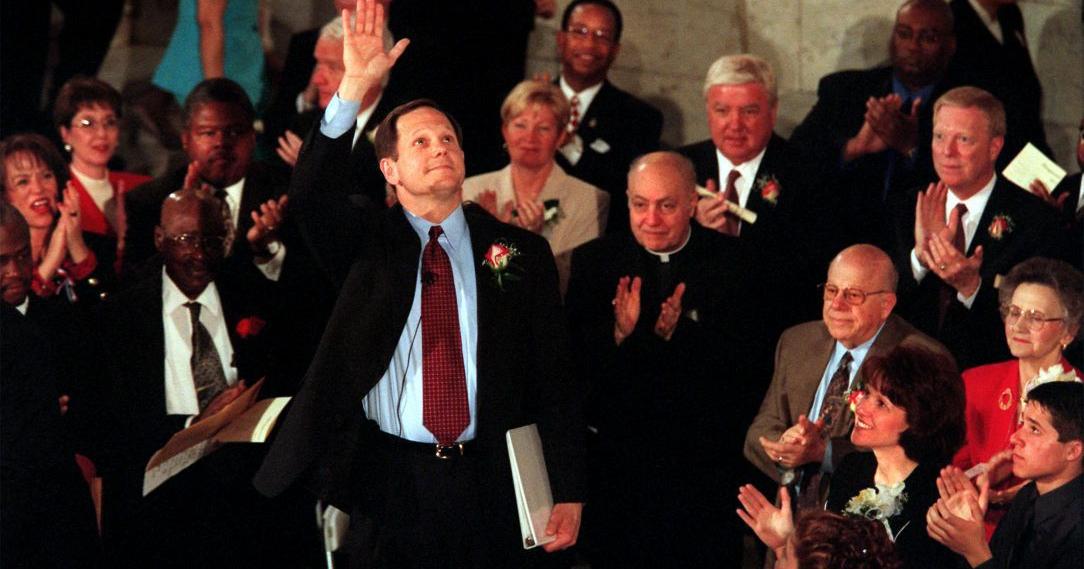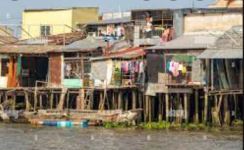The fastest growing cities are actually not in the Sunbelt or the West Coast. They're in the third world: Delhi, Dhaka, Lagos, etc. But, obviously, the growth rate of a city is mostly about the availability of dirt-cheap housing for the teeming masses, whether that's in Nigeria, Bangladesh, India, or Texas. What we see in SF, Seattle, Boston, and Manhattan is more like what we see in Sydney, Zurich, Munich, and Paris, where demand is outstripping supply, but even as prices spiral ever upwards, there's no shortage of people who look at that price and what's on offer and decide "yeah, it's worth it."
Anyway, it's true most cities around the world are run by liberal governments.... since the inherent challenges of urban life are poorly addressed by conservative political ideas. For example, mass transit doesn't pop up spontaneously by way of independent private-sector action.... it takes an interventionist government. But, while nearly all cities are run by liberals, there's a difference between cities that effectively partner with liberal states, like SF, Boston, or Seattle, and cities that are isolated and starved by their conservative states, like St. Louis.
When a state (or country, to take the example of smaller European countries) sees a city as its economic and cultural crown jewel and invests in making it work, you get outstanding cities, where people are willing to pay a fortune for the privilege of living there. When a state instead sees a city as a ghetto for housing "those people," and it's only willing to invest in the city to the extent of financing draconian policing to keep them contained and under heel, then you get squalid, dangerous cities like St. Louis, Memphis, Kansas City, New Orleans, etc. Those try their best, but they can't do much when they're effectively politically cut off from the tax base of the 'burbs, and politically overruled by the disproportionate power given to rural people by gerrymandering.






